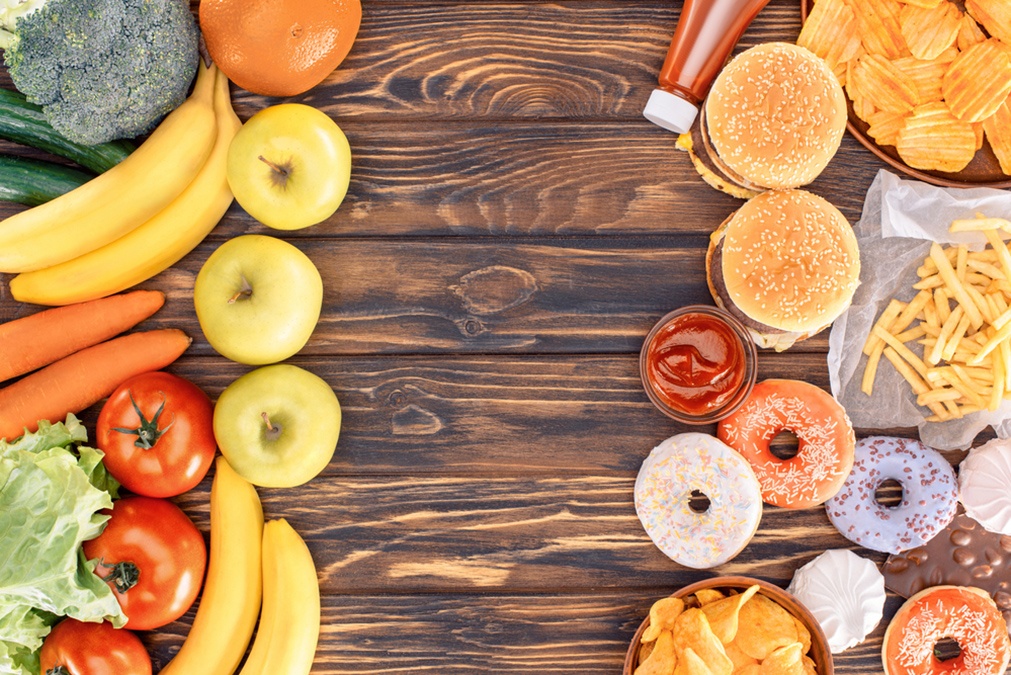 You’ve probably heard about the so-called good cholesterol (HDL) and bad cholesterol (LDL), and that you should boost the good and cut down on the bad.
You’ve probably heard about the so-called good cholesterol (HDL) and bad cholesterol (LDL), and that you should boost the good and cut down on the bad.
But a new study reveals that there is a third type of cholesterol, which more dangerous than anything you’ve ever heard about.
This will turn previous dietary advice on its head.
Cholesterol is a waxy compound that circulates through your bloodstream and is an essential ingredient of cell membranes and steroid hormones. As such, it is an essential substance, without which you would die.
But most scientists traditionally believe that animal products contain too much cholesterol, and that excessive consumption of these will clog your arteries.
That is why your doctor tells you to cut back on red meat and dairy products.
A new scientific movement has now arisen that argues that it is not cholesterol, but oxidized cholesterol, that clogs arteries and causes atherosclerosis.
Oxidation is the chemical reaction that takes place when something mixes with oxygen. Oxidized cholesterol is, accordingly, cholesterol that has come into contact with oxygen during the extraction, processing, or cooking of our food.
Cholesterol appears in large quantities in animal products, but plants also make a form of cholesterol called phytosterols. This means that we should be wary of both animal and oily plant-based products that have undergone enough processing and cooking to introduce oxygen.
Just think of how your vegetable oil is made. Most vegetable oils are extracted either via pressing or crushing products with a roller (virgin oils), or through the use of a petroleum solvent, usually after heating the oils first. Both these processes expose the seeds and vegetables to oxygen, both in the press and during the heating.
In fact, vegetable oils are often boiled further to remove impurities, usually by making steam (oxygen) bubble through them to carry the impurities out of them. This means that vegetable oils contain plenty of oxidized cholesterol, even before you heat them again in your own kitchen.
This could be why a 2012 study in the European Journal of Lipid Science and Technology (EJLST) found that milk powder and UHT milk has substantially more oxidized cholesterol than fresh milk. Several studies have demonstrated that egg powders contain more of it than fresh eggs (before you cook them, anyway), and why fermented products have extreme levels of oxidized cholesterol, according to EJLST in 2010. The more it is processed in air and through the use of heat, the worse it gets.
So how does oxidized cholesterol cause atherosclerosis and what is the evidence for this claim?
Numerous scientists, such as Dr J.L. Witztum and Dr D. Steinberg, have performed countless studies in which they engineered oxidized cholesterol plaque in arteries and photographed it.
Up to this point, the exact mechanism has not been fully understood. The cells that line your arteries identify the oxidized cholesterol as a threat. They become inflamed as a warning to your immune system, signalling that this cholesterol needs to be removed.
Your immune system then sends cells to absorb the oxidized cholesterol, but once they absorb all this fat, they become trapped in the linings of your arteries and die there, smearing the fatty stuff they have just absorbed all over the place. Oops.
So, what can you eat? At this stage, unprocessed nuts, seeds, whole grains, and vegetables are probably the healthiest sources of oil.
The more research scientists carry out on oxidized cholesterol in food, the better the guidelines will become regarding what we should and should not eat.

 Multiple Sclerosis
Multiple Sclerosis Banishing Bronchitis
Banishing Bronchitis Gum Disease Gone
Gum Disease Gone Overcoming Onychomycosis
Overcoming Onychomycosis Neuropathy No More
Neuropathy No More The Prostate Protocol
The Prostate Protocol Brain Booster
Brain Booster
 Ironbound
Ironbound
 Solution for Shingles
Solution for Shingles
 The Bone Density Solution
The Bone Density Solution
 The Ultimate Healing Protocol
The Ultimate Healing Protocol
 The Parkinson's Protocol
The Parkinson's Protocol
 The Chronic Kidney Disease Solution
The Chronic Kidney Disease Solution
 Overthrowing Anxiety
Overthrowing Anxiety The Fatty Liver Solution
The Fatty Liver Solution The Hypothyroidism Solution
The Hypothyroidism Solution
 The End of Gout
The End of Gout The Blood Pressure Program
The Blood Pressure Program
 The Oxigized Cholesterol Strategy
The Oxigized Cholesterol Strategy
 Stop Snoring And Sleep Apnea Program
Stop Snoring And Sleep Apnea Program
 The Arthritis Strategy
The Arthritis Strategy The Vertigo & Dizziness Program
The Vertigo & Dizziness Program The 3-Step Diabetes Strategy
The 3-Step Diabetes Strategy Hemorrhoids Healing Protocol
Hemorrhoids Healing Protocol The Erectile Dysfunction Master
The Erectile Dysfunction Master Weight Loss Breeze
Weight Loss Breeze The IBS Program
The IBS Program The Insomnia Program
The Insomnia Program The Migraine and Headache Program
The Migraine and Headache Program The Neck Pain Solution
The Neck Pain Solution The Menopause Solution
The Menopause Solution The Ejaculation Master
The Ejaculation Master The TMJ Solution
The TMJ Solution The Acid Reflux Solution
The Acid Reflux Solution The Fibromyalgia Solution
The Fibromyalgia Solution The Psoriasis Strategy
The Psoriasis Strategy